

Utopia is a concept we all heard at some point during our lives, and often we associate it to something better, perhaps what the perfect society could be. However, it is more than just a fantasy of happiness, it is a dream which mankind have had since long before civilization but Platon’s masterpiece ‘The Republic’ stands as one of the first written Utopian works and have been followed by such classics as: Thomas More – Utopia, Francis Bacon – The new Atlantis, William Morris – News from Nowhere, H:G. Wells – A Modern Utopia and of course a whole lot of more out there, but this article will focus on these since they stand out as must must reads, and they are all written in different epochs.
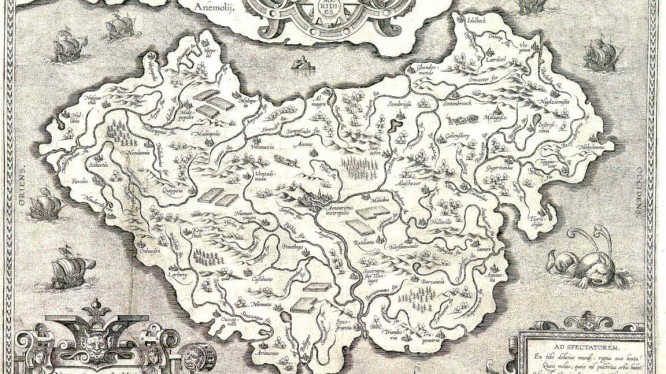
A map over Thomas Mores Utopia.
We can with the help of utopias have our political views move more toward finding human happiness than debating opinions. We can with utopias create a foundation upon which we together start moving toward the better world we have long fantasized about, usually we do not go longer than to think it would be great to live in a utopia since it seems impossible, but is it really impossible?Imagine a world created by your Utopian thinking, a world in which gender, race, age and social conditions is irrelevant, a world where all are equal from the beginning and have an equal chance to create the life we want, a world where our happiness is only a stone’s throw away. Sure it sounds amazing, sure sounds like an unattainable dream, but it is not. We are now in the starting blocks of something as wonderful as the creation of Utopian worlds, I’m talking on the virtual worlds where millions and millions of people all around the world spend a great deal of time, so can they be seen as utopias in the same sense as classic literature presents it?
Before we can start to ask the question if virtual worlds can be seen as a modern form of utopias we need to explore what utopias really are, and the best way to do so is going back to the classic literature on utopias which in a sense has created our view of what utopias are together with what modern Utopian research tells us about utopias. As with all discussions regarding a complex concept, a definition is needed, and the one used here is a combination of the Real Dictionary’s “Relating to or aiming for a perfect society in which everyone works well with each other and is happy”and Ruth Levitas“distinguished by its approach to the collective problem and its vision of a total, perfect, ordered, environment”. Already here the online gamer can see the possibility of virtual worlds as a modern utopia, since collective problems and working together for a united vision is in many ways what MMO games are all about. Where the perfect society is one where we can play the character in the way we want and where we can work together to accomplish a dungeon or a raid, where the world is ordered among rules we all comply to and how playing them makes us happy inside.

Science leading to a Utopia?
One of the biggest scholars in the field of Utopian studies is Karl Mannheim and his work Ideology and Utopia. In it he distinguish between Utopian ideology which is not a real Utopian idea and a true Utopian though which he explains as “Only those orientations transcending reality will be referred to as Utopian which, when they pass over into conduct, tend to shatter, either partly or wholly, the order of things prevailing at the time”. Which means that a utopia is a dream world we all strive for but will never actually reach. Which in its turn is closely related to Thomas More’s comment “Utopia is something I wish rather then expect to see followed”. But if utopias only is a vision for the ultimate life which never would exist as he implies, what then of our virtual worlds today? I will return to this question later since it needs more information about what utopias are actually built upon before answering.
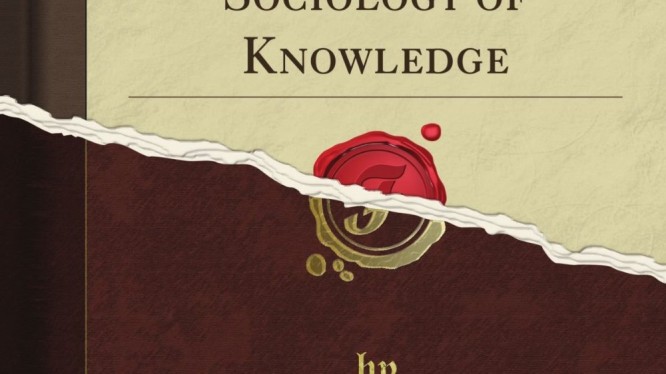
A true classic in utopian research.
What then are the pillars which a utopia us built upon? I have after reading through Utopian research and the Utopian classics found four recurrent areas; regime, Institutional arrangements, resource allocation, and cosmology.
• In the pillar of regime it is included how the constitution is created and how many is seated in a ruler’s position. In all classic cases in the selection, there utopia is a democracy built upon a foundation of the wise people in the utopia.
• In the pillar of institutional arrangements the main question is if there is any arrangements and the most common answer is not really, mainly all Utopians laws or arrangements are about common sense and since everyone has it there is no need for further laws on the subject.
• In resource allocation the main question is who gets what and how? And all utopias in the sample is based on that everything is free but rationed out as long as the citizens do some sort of work, and they are free to choose what work themselves.
• The last pillar; cosmology, is that all utopias have some sort of cosmology, whether it be a god or science, Utopians need to believe, and it is argued that belief plays a very important part in keeping the order in the Utopian world.
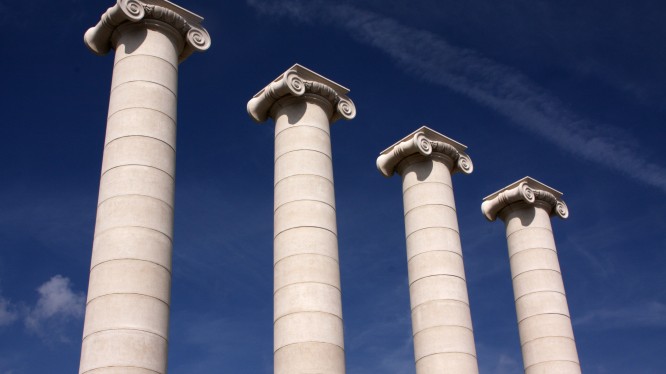
Utopia is built upon four pillars.
Going forward with games then, and how these pillars look within virtual worlds. Since all pillars are the bases for any working country out there, they should logically also exist in virtual worlds. But the question asked here is; do they stand out in the same way as the Utopian worlds have? There are two ways to look upon these pillars in virtual worlds, as the pillars created by the developer and as the pillars created and used by the players, and I will briefly cover both of them.
• Pillar of Regime: In the developer focused pillars this one is very easy to find, since there in almost all games, especially theme park MMOs is a lore built upon civilization and factions in some way. The foundation here is built around the developers thought, and can then be seen as the wise men. In the player focused pillars we have guilds as a sort of regime, and here the wise clearly could be the guild master.
• Pillar of institutional arrangements: In the developer created pillars show very clear a set of rules, since games are based on rules. They can be seen as common sense, but mostly there are used rules exiting so the game works. If we instead look towards the player focused pillars, the main set of arrangements here are based on common sense just like the classic Utopian worlds are.
• Resource allocation: The true owner of the resources are the developer in both the developer and the player focused pillar. But on who has the access to them and how they are allocated is another matter. In Virtual worlds everyone has an equal chance of getting the resource they want, whether it is a new cool weapon, armor or crafting material. Players are then confide to levels and other requirement to get most of the stuff, but they are all still equal in the beginning, very much like the classic Utopian worlds.
• Cosmology: Cosmology do play a part in the developer focused pillar since most MMOs are created with a lore touching upon cosmology, and in many cases it affects what quests you can do and how they play out, which of course have effects on the player focused pillar.
Before reaching the answer on if MMOs can be seen as modern utopias, I will briefly show earlier research on the subject. David and Ann Gunkel show on a clear connection between computer games I general and utopias drawing on how games can be seen as a modern version of the European voyages of discovery. Mikolaj Kockikowski argues that virtual worlds gives us the opportunity to visit and explore utopias like never before which is an idea Josh Taylor follows where he draws a connection between virtual worlds and Robert Nozicks classical experience machine, where humans can spend their lives dreaming the life they want forever.Following the classical Utopian ideas of equality, Richard Kelly shows how avatars in MMOs are truly equal since no race, gender, socioeconomic issues exists when you can play as whom you want.
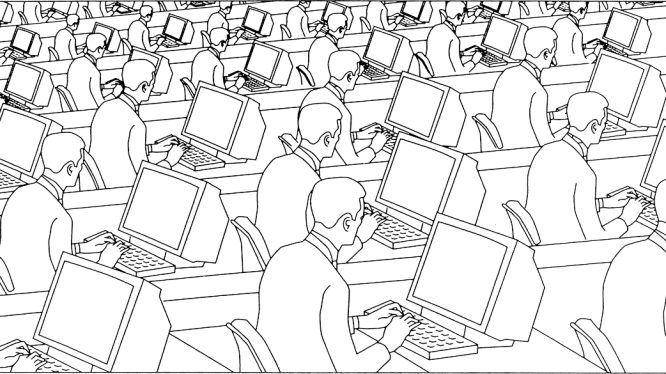
Todays utopia?
Seeing how games have been touch upon as modern utopias in the research and how well they stand on the four pillars of an Utopian world explored earlier, MMO games can and in some sense should be seen as our times utopias. Where the 16th century had Thomas Moore and Francis Bacon, we have today game developers as Blizzard, ArenaNet, Carbine, Funcom to name a few. The utopias created are not just static Utopian worlds we read of and then dream of, they are fully living world in which millions and millions of people every day spend their lives. Even though MMO games might not be ideal for living a real life considering how much fighting and death most of them have, they act as a second life for many gamers, a Utopian refugee where the player can be whom the player want to be and embark on a journey not possible in real life. They are worlds in which social science can experiment and control all variables for the first time ever, where the wheelchair bound can walk again, where men can be women and vice-versa, and no one will care, they are worlds in which you can be yourself and no one will judge you for it, they are utopias.
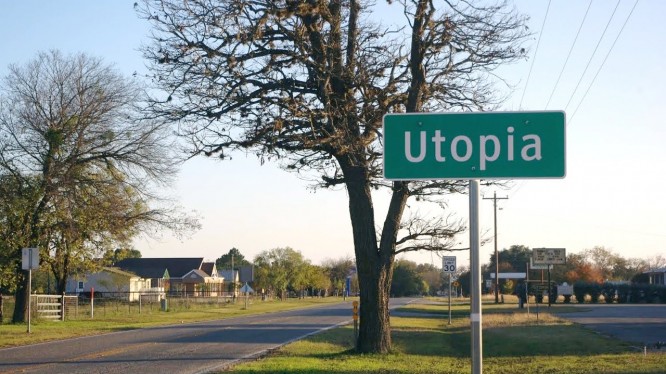
Can a true Utopia exist?
Research the article is based on:
Gunkel, David. Gunkel, Ann Hetzel (2009). Terra Nova 2.0 – The New World of MMORPGs.
Kocikowski, Mikolaj (2005).Utopias Beachfront Property.
Levitas, Ruth (1990). The Concept of Utopia.
Mannheim, Karl (1936) Ideology and Utopia.
de Maré, Karl (2011). Virtual worlds as utopias.
Taylor, Josh (2007). Why Robert Nozick Should Have Played More Video Games.
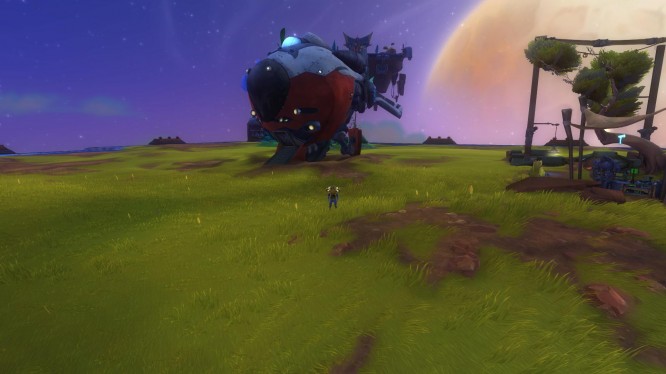
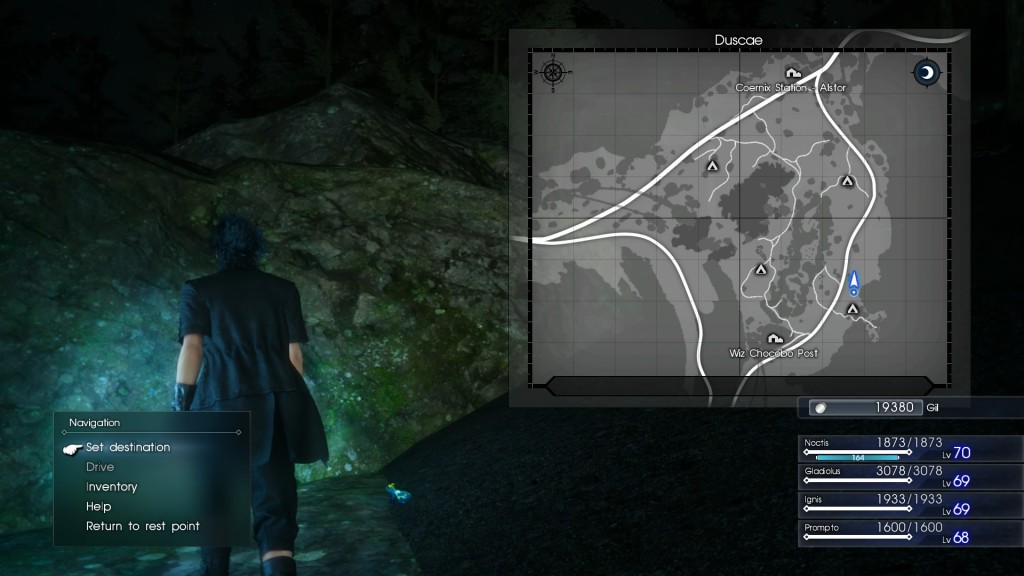
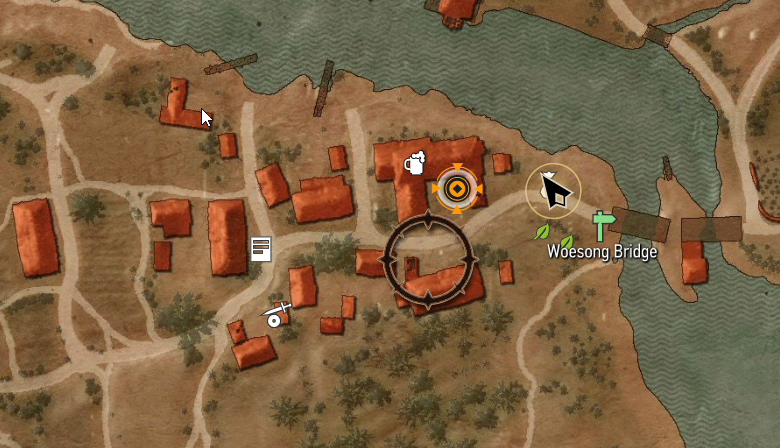
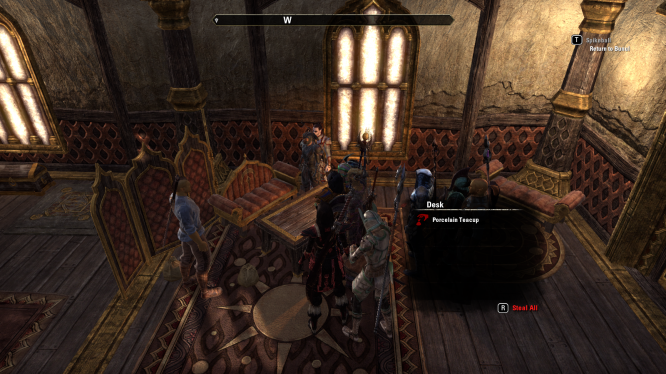
 The Nexus Times: WildStar World PvP is Dead .
The Nexus Times: WildStar World PvP is Dead .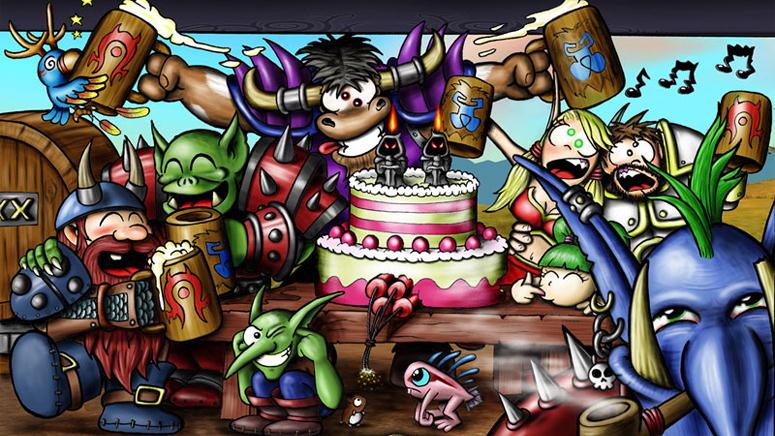 WoW Wednesday: Cross-Realms And Dead Communities .
WoW Wednesday: Cross-Realms And Dead Communities . World of Warships: Guide to Carriers
World of Warships: Guide to Carriers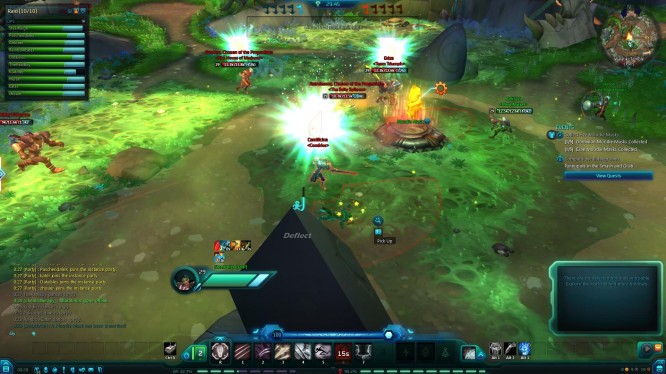 The Nexus Times: Moodie Mask Madness
The Nexus Times: Moodie Mask Madness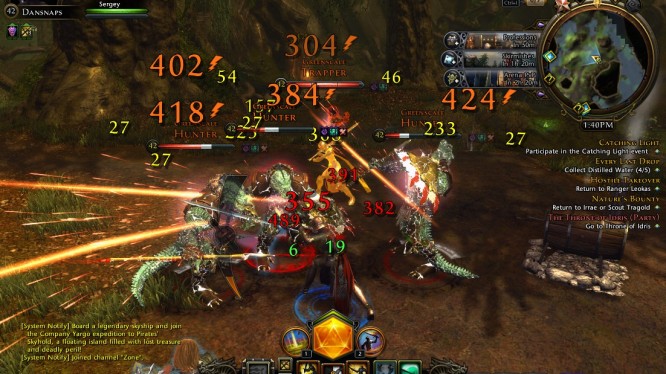 Celebrating the One Year Anniversary of Neverwinter .
Celebrating the One Year Anniversary of Neverwinter .